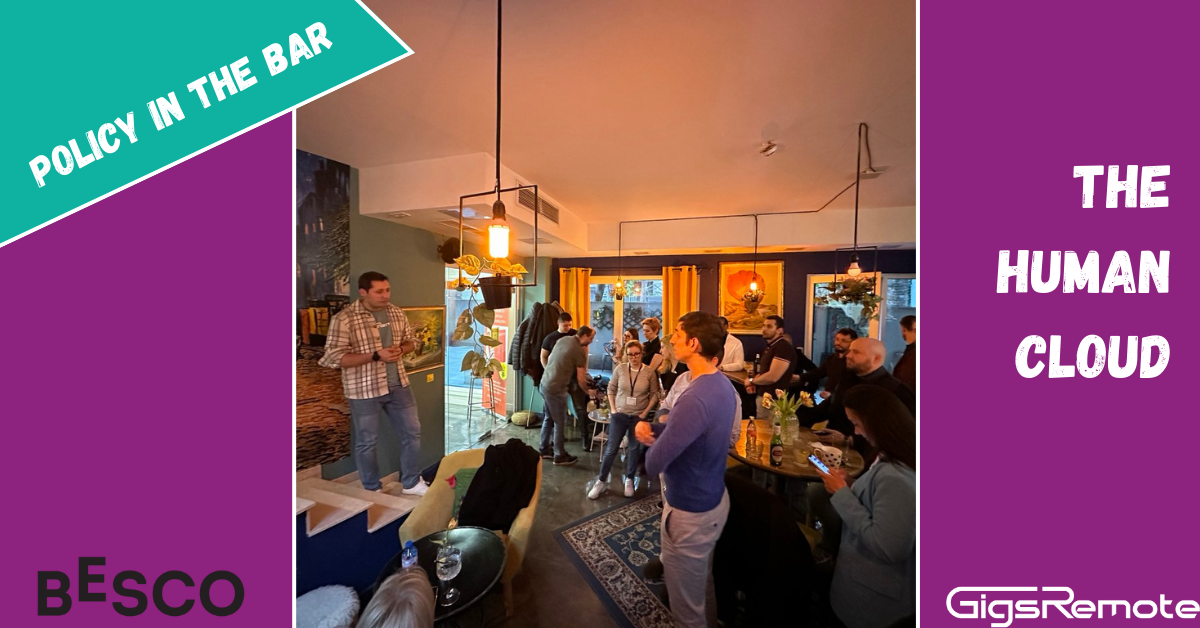The gig economy will continue to grow with the Hybrid Workforce model
·
2 minute read
An interview of Plamen Tsekov with BloombergTV’s UpDate.
On January 22nd 2023 Plamen Tsekov, co-founder and CEO of GigsRemote shared insights with Elena Kirilova, the host of BloombergTV’s UpDate. Here are some of the highlights from the interview:
The expectations in 2023 are that the gig economy will continue to grow at a rapid pace.
Freelancing work which is oriented towards shorter or specific projects will grow. According to some forecasts, the number of people engaged in this type of activity will increase by about 15% this year.
There are three main factors
- Increased demand for flexible working models.
More companies are realizing the benefits of having their employees work remotely or hybrid, flexibly, full-time, or part-time. The change in the model opens the door for such positions to be filled by freelancers who are not under contract. - There are more remote work options,
Remote job postings continue to grow even though the pandemic is virtually over.
Going back to the office is not going to happen on a full scale. There's no way even 50% will happen in most industries, especially knowledge industries.
Companies realize that with such an approach they can reach much more and better talent, including talent that is not in the territory where they have offices. There are more and more options and services for hiring people abroad without the company having a legal entity and an established office - and the so-called Employer of Record business.
And this is quite leading for people who already have established preferences to work from home or another place that is not the big and stormy city and the traditional office. - Expansion of the Gig Economy
The gig economy briefly explained, is short-term or temporary employment on specific projects, without long-term employment commitments from both parties. More companies from all over the world are re-adjusting their work models to the so-called hybrid workforce.
It is a mix between own employees, who are strongly connected to the company and the processes in the long term, and freelance specialists, with specific skills and specializations, who participate in the episodes of various projects. Many visionaries claim that in practice the gig economy is the work model of the future.
In conclusion
Expectations are that the Gig economy will grow by an average of 15% every year until 2027, which is extremely high growth. It is strongly observed in developed markets such as the US, UK, and Asia, but we also already see it as a common employment pattern in the technology sector and in Poland. Bulgaria will not be bypassed by these trends, and it is better for companies and people to prepare that this is coming, and accordingly take measures to be more and more successful in such models as well
Part of the reason for the growing popularity of the model is that in conditions of recession or strong dynamics, companies will be much more maneuverable and elastic if they have implemented a hybrid workforce model. In the past month, we've seen big layoffs at global tech companies that are shedding people and cutting fixed costs, squeezed by uncertainty and risks in their revenue business plans.
They will definitely need an additional workforce in the near future, but much of it will be hiring flexibly based on business needs, not the old traditional way. A large proportion of people who are released and highly skilled will seek freelance work and join the Gig Economy.



